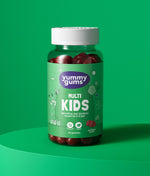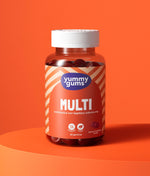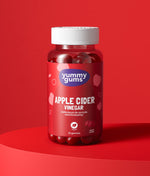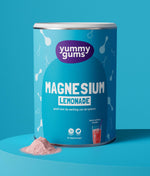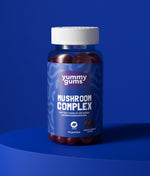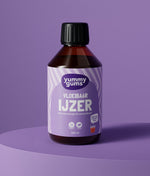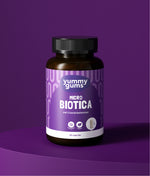Biotin - Vitamin B8
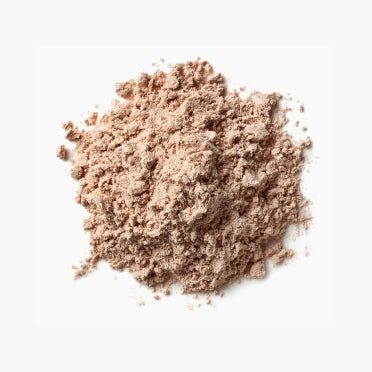
The beauty vitamin
Why do I need biotin?
- Biotin, like all other B vitamins, helps release energy from food.
- Biotin is also good for the nervous system.
- Biotin contributes to energy metabolism and therefore plays an important role in the formation and breakdown of carbohydrates and proteins and the production of fatty acids.
- Biotin also contributes to the maintenance of normal skin and is best known for its hair growth-promoting properties. It keeps your hair strong, healthy, and shiny.
How much biotin do I need?
There isn't enough scientific evidence yet to determine a recommended daily allowance for biotin. The Health Council has established an Adequate Intake. The Adequate Intake for adults is set at 40 micrograms of biotin per day. Don't consider this amount a target value, but rather a guideline indicating how much is needed.
How do I get biotin through my diet?
- eggs
- liver products
- milk
- nuts and peanuts
- soy products
Try to get biotin from a variety of foods to increase your intake of other vitamins as well.
How do I recognize a biotin deficiency?
According to the Nutrition Centre, eating a lot of raw eggs can lead to a biotin deficiency. However, they indicate that a biotin deficiency is rare.
What is biotin?
Biotin, also known as vitamin H, is a water-soluble vitamin, meaning that if you consume too much, it's excreted in your urine. This vitamin belongs to the vitamin B complex. This means there's not just one type of vitamin B, but several different ones:
B1 (thiamine)
B2 (riboflavin)
B3 (niacin, nicotinic acid, nicotinamide)
B5 (pantothenic acid)
B6 (pyridoxine)
B8 (biotin)
B11 (folic acid)
B12 (cobalamin)

